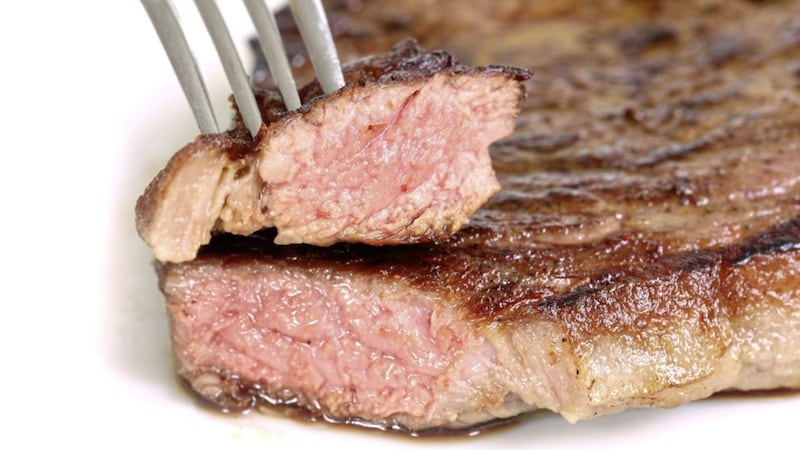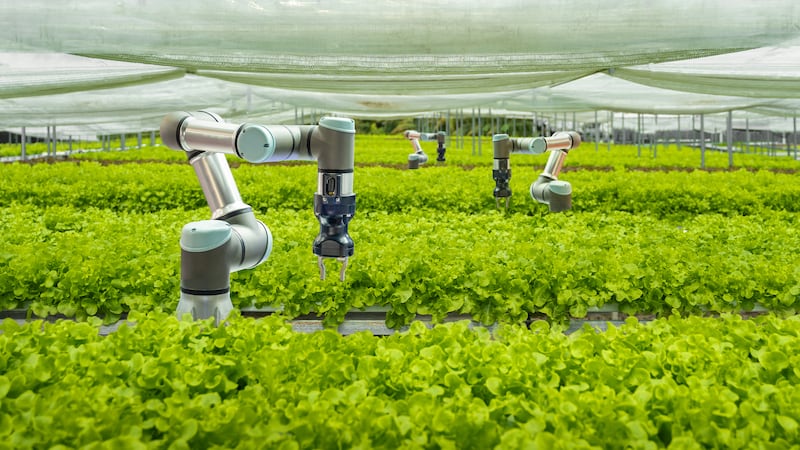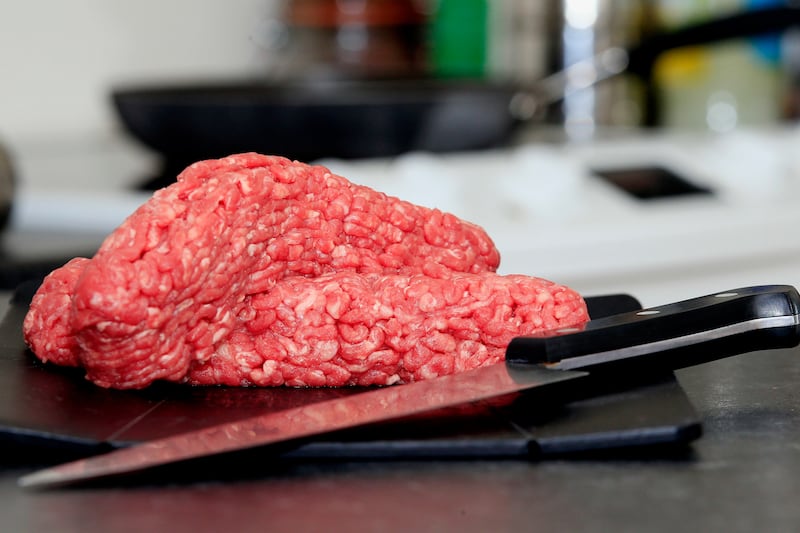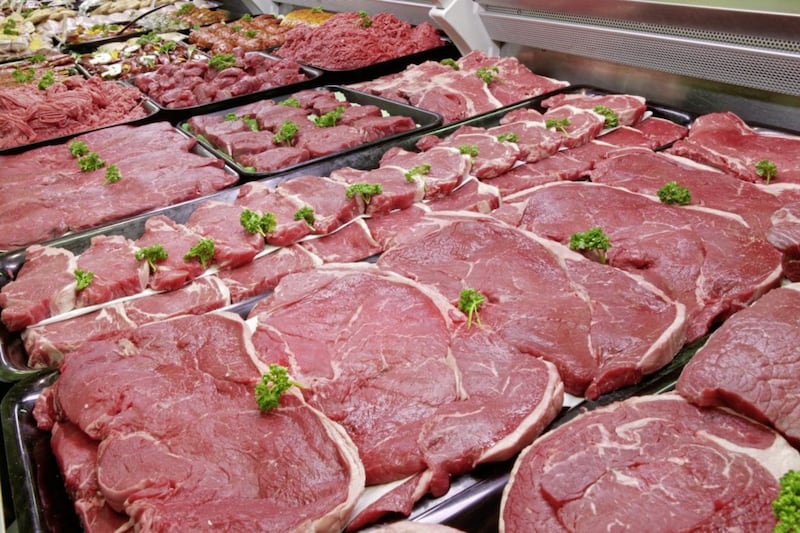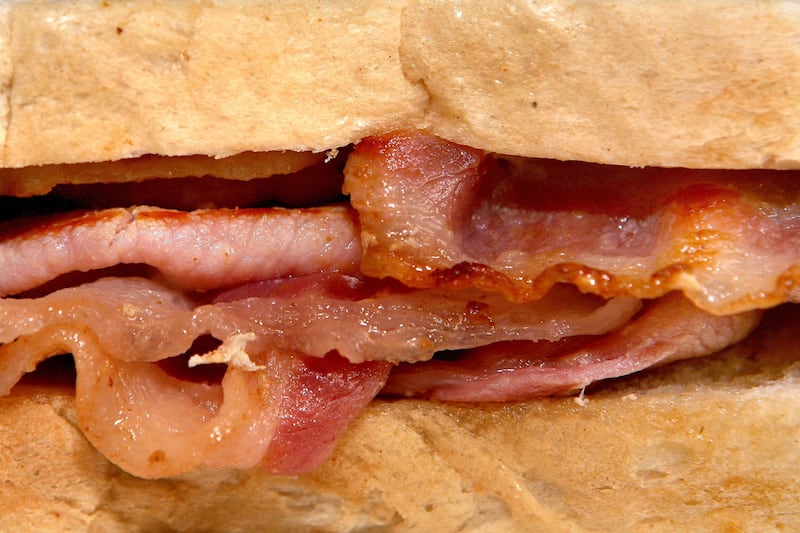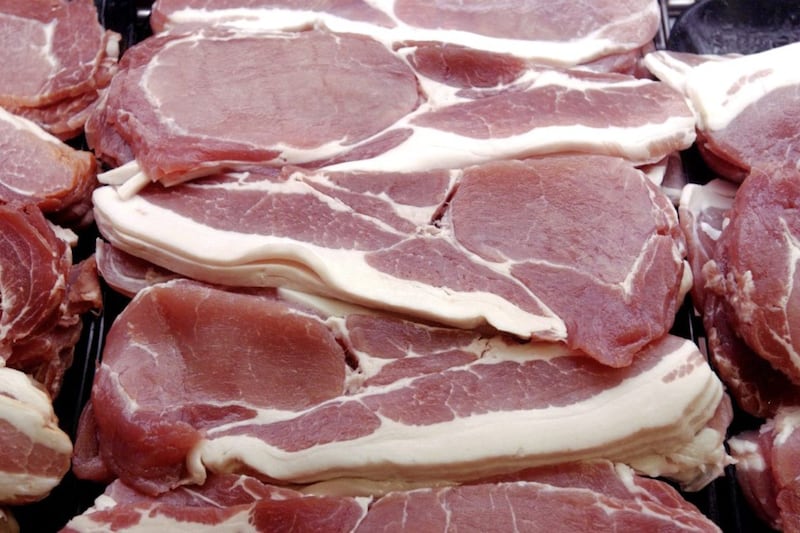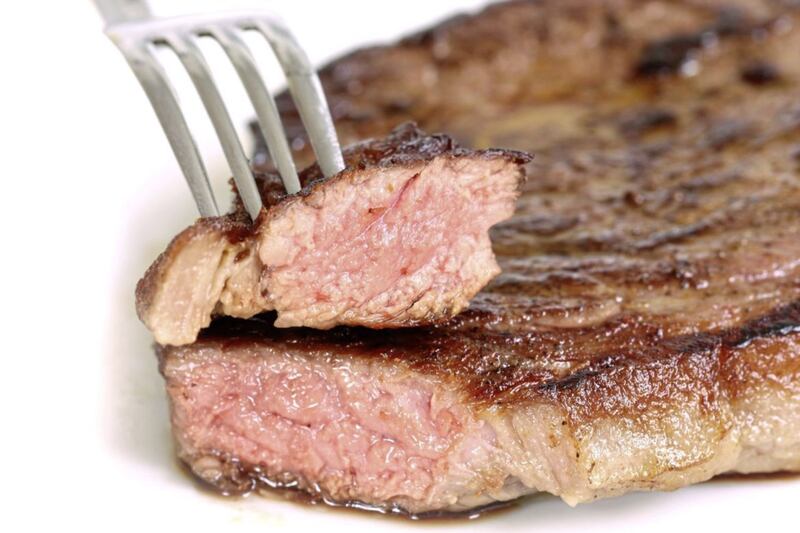NORTHERN Ireland's red meat supply chain partners have met to agree priorities for the sector post-Brexit.
The Livestock and Meat Commission for Northern Ireland (LMC) meeting brought together representatives from Agri-Food Strategy Board, NIMEA and UFU.
Those present strongly agreed that despite the challenges, Brexit provides an opportunity to introduce policies that will secure the future supply of high quality, safe and affordable food for UK consumers.
Market access, food support measures, agriculture, trade and regulatory policies were all key items on the agenda.
LMC chairman Gerard McGivern said “It was very clear that Brexit presents an opportunity for the UK to deliver food security through implementation of an agriculture policy that incentivises the efficient production of safe affordable food for consumers.
"Northern Ireland’s farmers can guarantee safe, traceable and environmentally sustainable beef and lamb of unrivalled quality provided that the correct food support measures are implemented to maintain a technically efficient and skilled primary production base.
"Trade and environmental policies must then align to support the efficient production of raw material that is required to supply key markets. Both before and after the UK’s exit from the European Union; market access must remain a key focus for policy makers.
"As net exporters, partners in the red meat supply chain here cannot trade without market access.”
NIMEA and UFU have been consulting with their membership ahead of Brexit.
UFU deputy president Victor Chestnutt said: “The red meat sector Brexit meeting was an opportunity to identify priorities ahead of key Brexit negotiations that all of the supply chain partners can agree on.
"In order to remain competitive, beef and lamb producers must have food support measures that deliver a profitable and sustainable industry and therefore this is a key issue for our members.
"Regulation and compliance models will also need to be re-evaluated to help move to a policy of advocacy first, regulation second.”
NIMEA Chairman, Campbell Tweedie added: "This was a very useful meeting and there was strong agreement in the room about the key issues of access to the single market and labour and the opportunity that now exists to develop a brand new British agricultural policy that incentivises and supports efficient food producers. This meeting has reinforced the need for the red meat sector to speak with one voice during these critical negotiations.”
